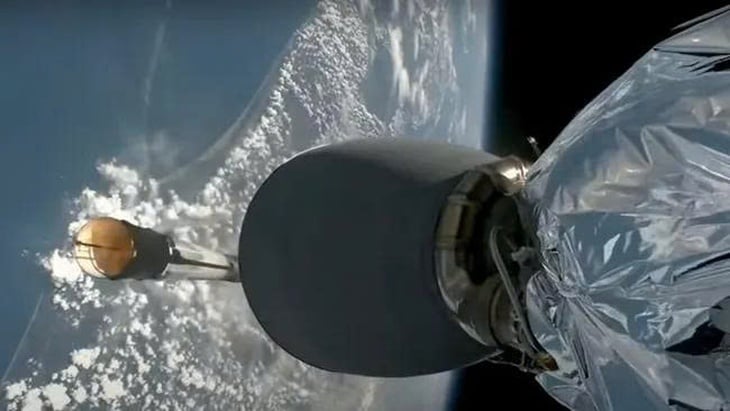
A SpaceX rocket has just carried a type of bacteria that can cause serious illness in humans to the International Space Station, to serve a series of medical research in the space environment - Photo: SpaceX
According to the announcement of the University of Florida (USA), the shipment launched on July 26 carried the bacteria Burkholderia pseudomallei, also known as "flesh-eating bacteria". This is the agent that causes melioidosis, also known as Whitmore's disease, a rare but life-threatening disease, especially in tropical climates such as Southeast Asia and Northern Australia.
The team said the main goal was to observe how the bacteria changed in microgravity. They hope the results from the experiment will provide new insights into bacterial evolution, drug resistance and infectiousness in space.
This information is not only important for space medicine, but could also pave the way for more effective treatments on Earth.
"We want to understand how bacteria grow, adapt and react to microgravity. This could help uncover vulnerabilities that current medicine has not yet reached," said research professor Stephanie Karst, who led the project.
In addition to Burkholderia pseudomallei, the Falcon 9 rocket also carried a variety of other biological samples, serving medical, physiological and biotechnology research in space.
According to NASA, the International Space Station is increasingly becoming a vital laboratory for biological research at a scale that cannot be accurately replicated on Earth. Such research is expected to play a vital role in preparing for long-duration space missions such as Mars, where humans may face the risk of infection without immediate medical assistance.
However, sending disease-causing bacteria into space also raises biosafety concerns among some. Experts say all experiments are tightly controlled, in a closed environment, and strictly adhere to safety standards.
"Studying pathogens in space is an important step toward protecting future astronauts," NASA scientists stressed.
Source: https://tuoitre.vn/spacex-dua-vi-khuane-gay-benh-whitmore-len-tram-vu-tru-quoc-te-2025080216265526.htm


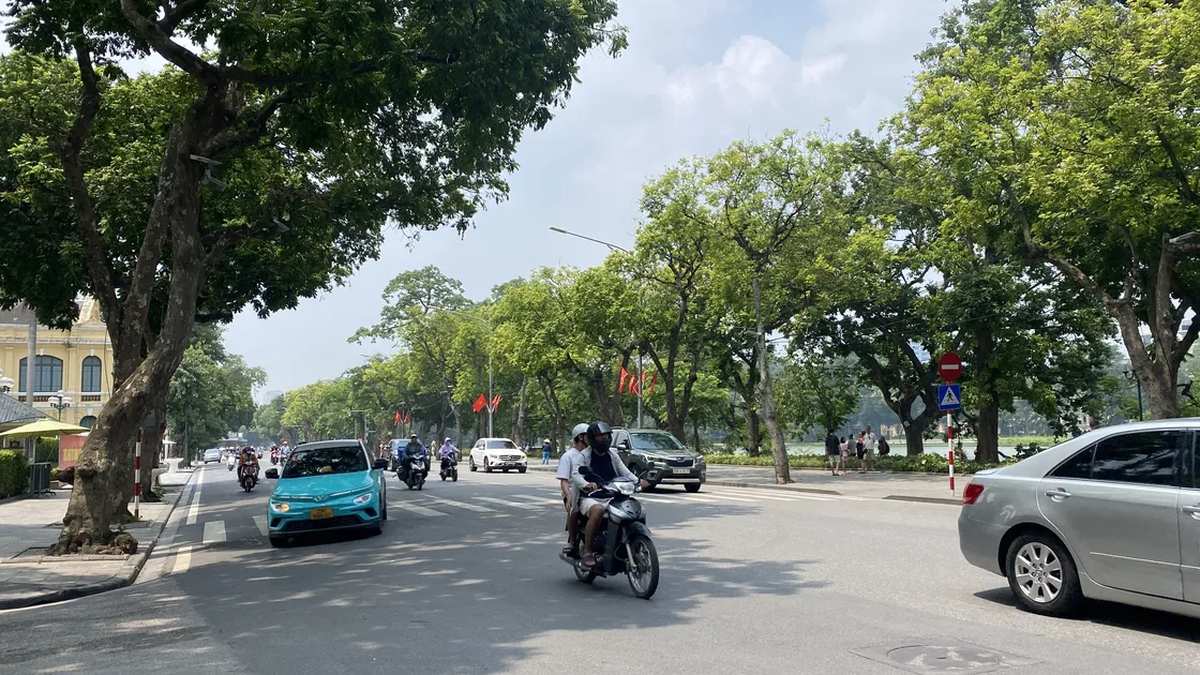


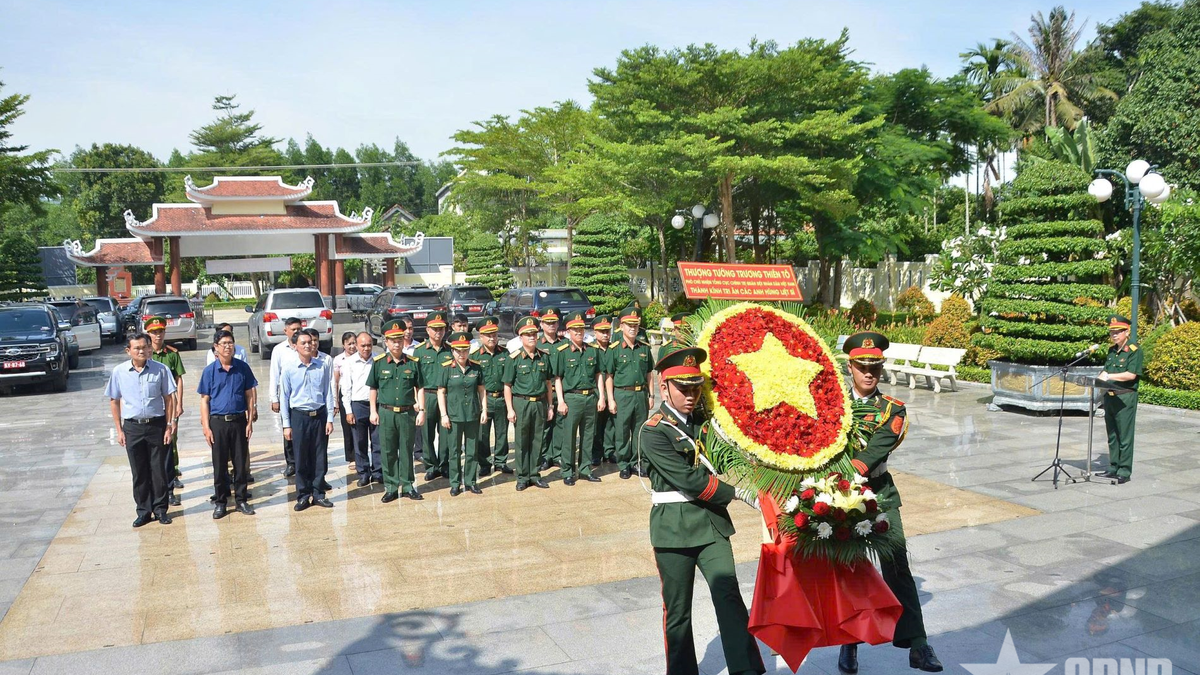


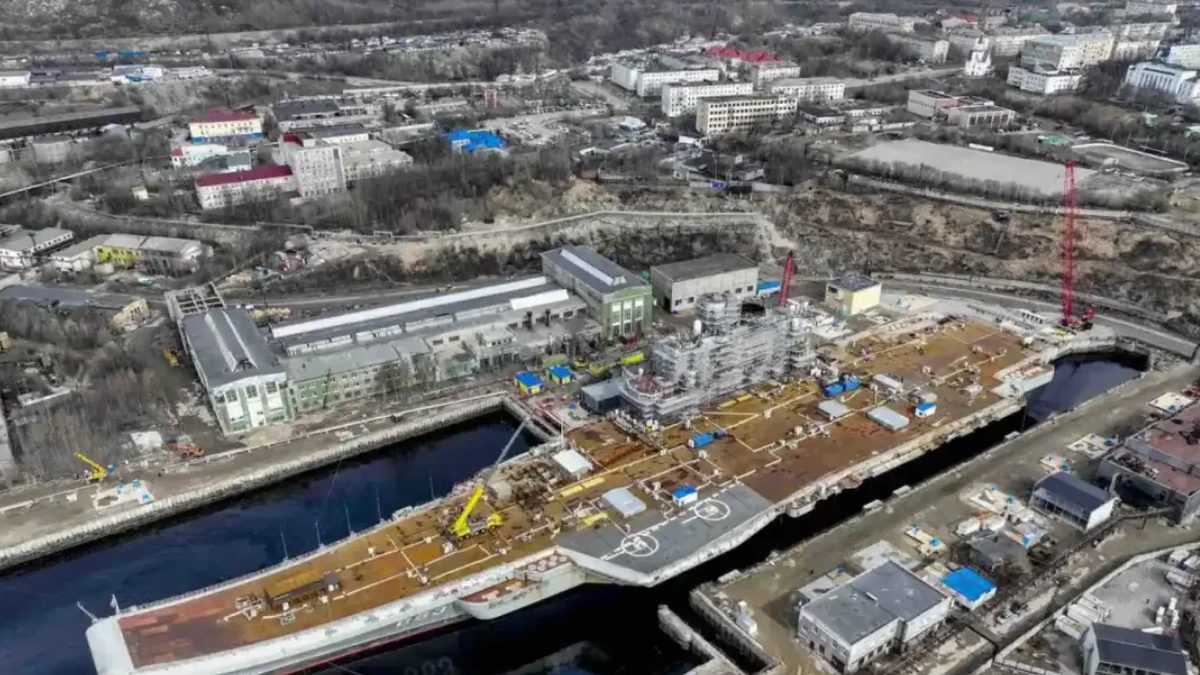
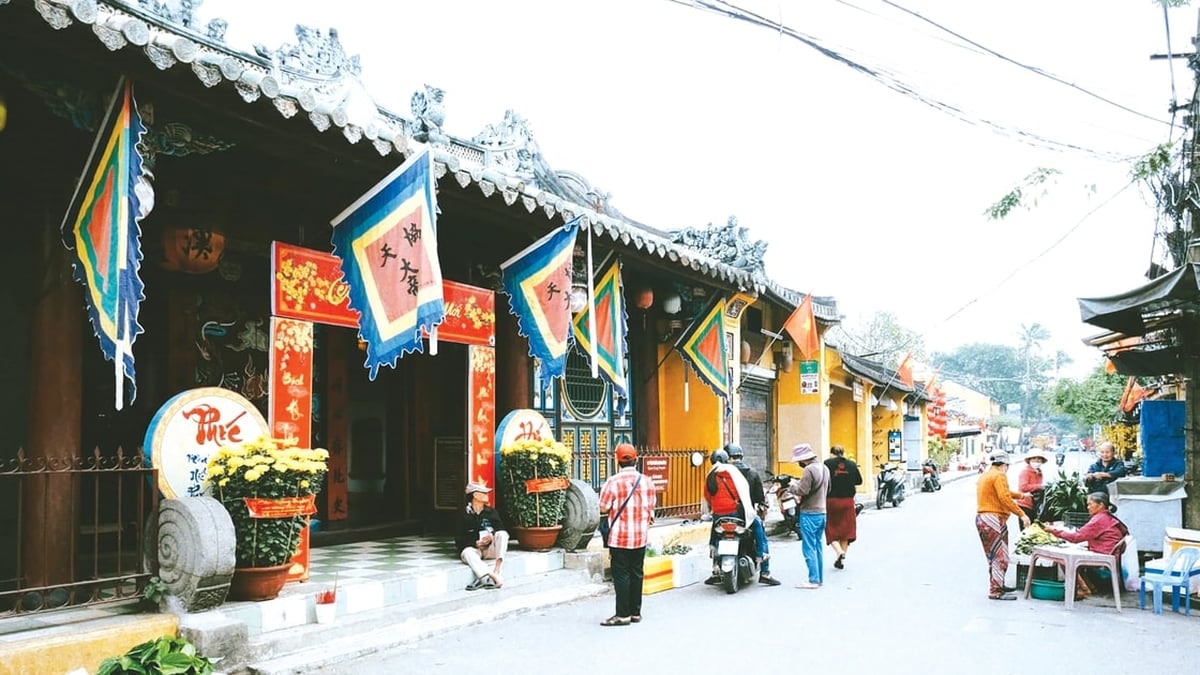
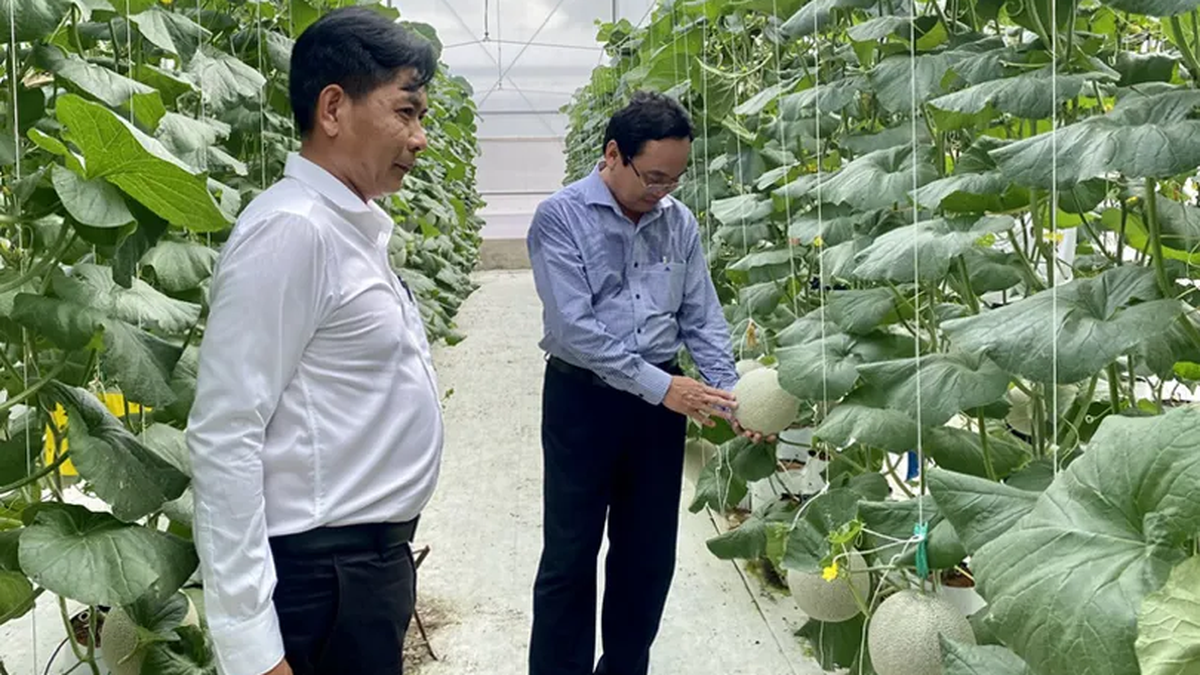
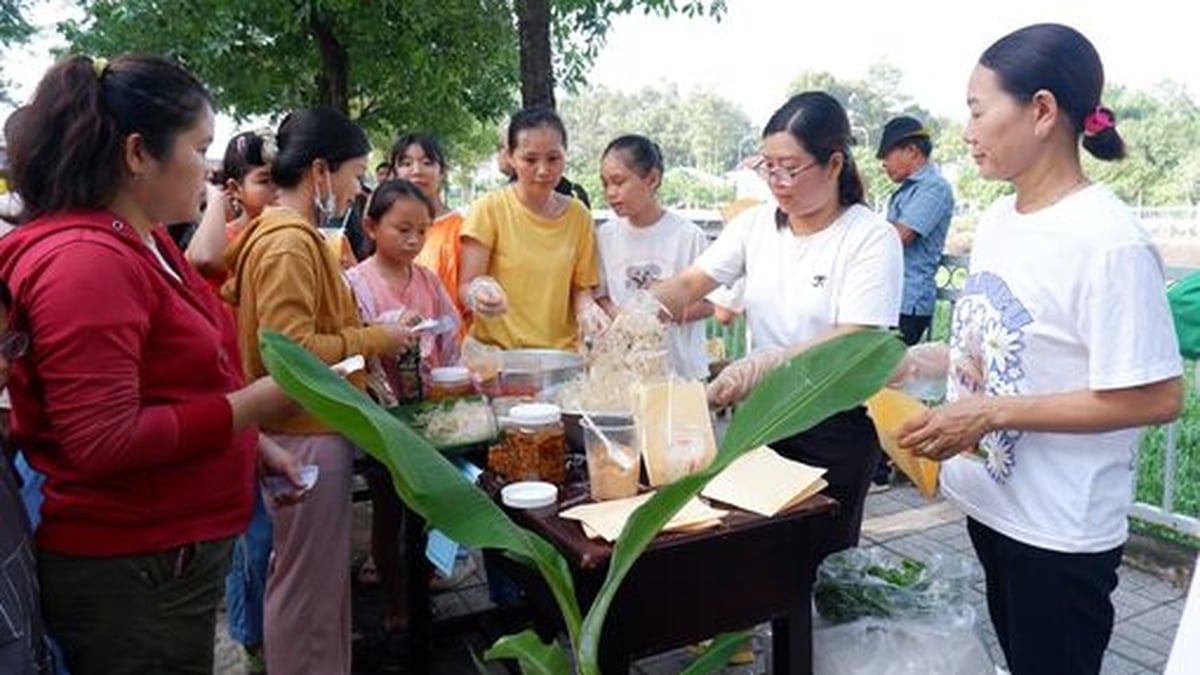




















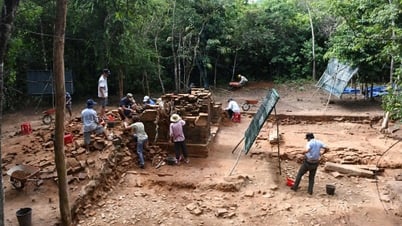



































































Comment (0)